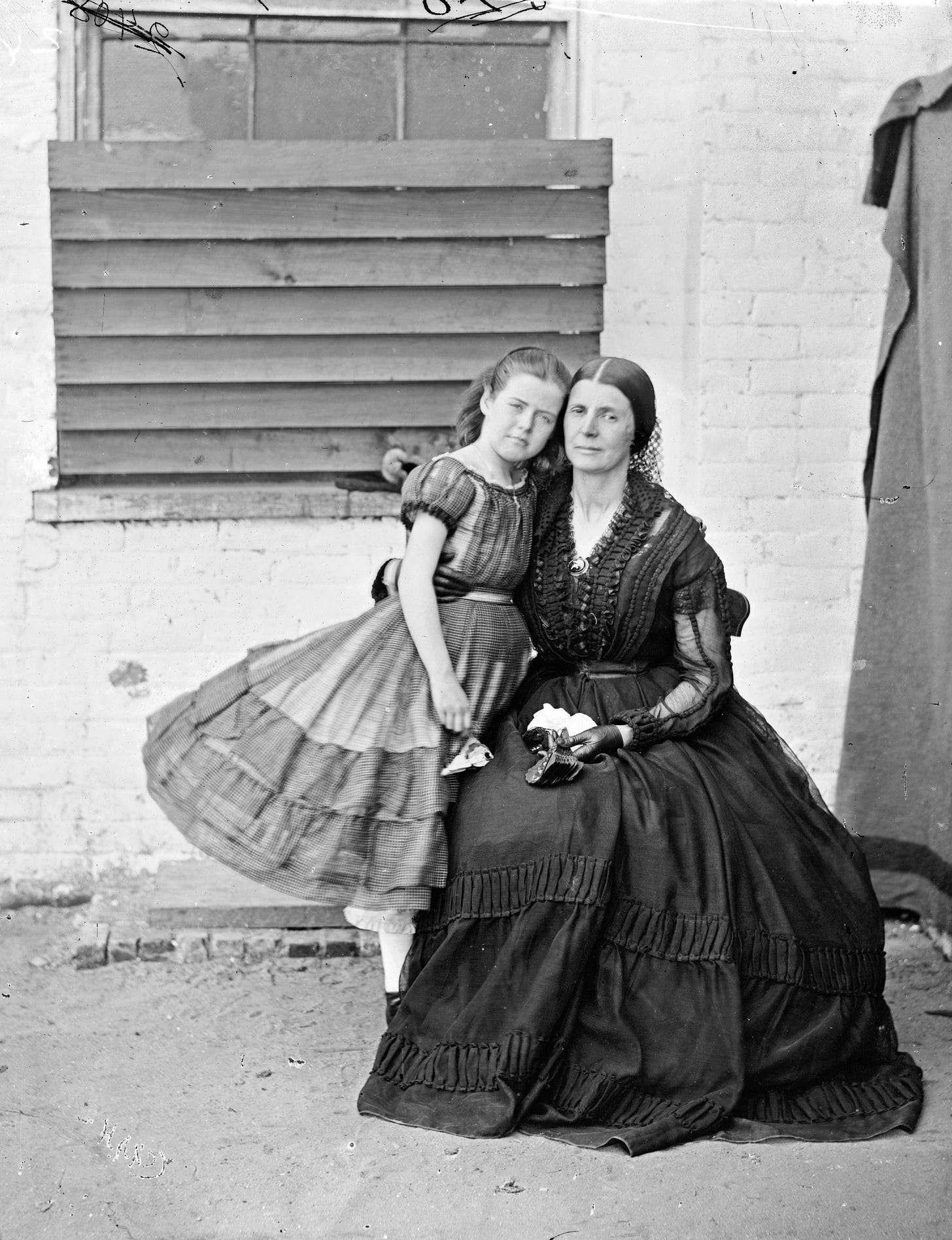TDIH: Rose O’Neal Greenhow, Confederate Spy
She was trusted by many in D.C., but she had long been sympathetic to southern concerns.
On this day in 1861, Confederate spy Rose O’Neal Greenhow is placed under house arrest.
When the Civil War began, Greenhow was a widow living in Washington, D.C. She was well-liked and had extensive social connections because of her late husband’s work. He’d been a medical doctor, but he’d also done some work for the State Department.
Greenhow was in an unusual situation. She was trusted by many in D.C., but she had long been sympathetic to southern concerns. When she was young, her father had been murdered by a slave. She’d been an anti-abolitionist ever since.
How interesting that she maintained the confidence of so many for a period of time! After all, “Wild Rose” was not shy about expressing her opinions. Many in the North knew that she supported the right of southern states to secede.
Perhaps she should have done more to lay low, if she intended to spy for the Confederacy?
Greenhow was soon recruited to participate in a Confederate spy network. Simple ciphers were used to smuggle information to the Confederate Army. This information could be carried in purses, balls of yarn, or even hidden in a hair bun.
Greenhow’s most notable success occurred right before the First Battle of Bull Run. She had obtained information on the Union Army’s route and status. She even had a copy of its marching orders. She transmitted the information to General Pierre GT Beauregard, who obtained reinforcements based upon the information.
Many have credited her with the southern victory in that battle.
U.S. intelligence soon began to suspect Greenhow of spying, and she was placed under house arrest on August 23, 1861. The search of her house was pretty incriminating. After several months, she and her young daughter were moved to the Old Capitol Prison.
Not that Greenhow let a little thing like imprisonment stop her. Her messages still seemed to make their way past the guards who were supposed to be watching.
Union officials couldn’t figure out what to do. Finally, she and her daughter were deported to Virginia.
Unsurprisingly, Greenhow was well-received in the Confederate capital. Jefferson Davis made her an informal diplomat of sorts, and she traveled overseas. Greenhow traveled to Britain and France. She even published a memoir.
During the fall of 1864, Greenhow was returning from her overseas trip when her ship ran aground. Her Confederate vessel had been trying to elude Union forces. Greenhow, fearing capture, insisted on taking a rowboat to shore. Legend has it that her pockets were weighted down with gold from book royalties. Her heavy rowboat capsized and she drowned.
Her body soon washed ashore, where it was recovered by Confederates. She was given a funeral with full military honors.
Greenhow died, believing that her work had been successful. She said: “I employed every capacity with which God has endowed me, and the result was far more successful than my hopes could have flattered me to expect.”
Sources can always be found on my website, here.





I definitely didn't know about this! Wow!
Wow! What a great story, one of which I have never heard. Tara Ross you are an amazing person for bringing so many facets of the American History to so many of us. I consider myself blessed that I am one of your recipients. Thank you.
❤️🇺🇸🇺🇸🇺🇸